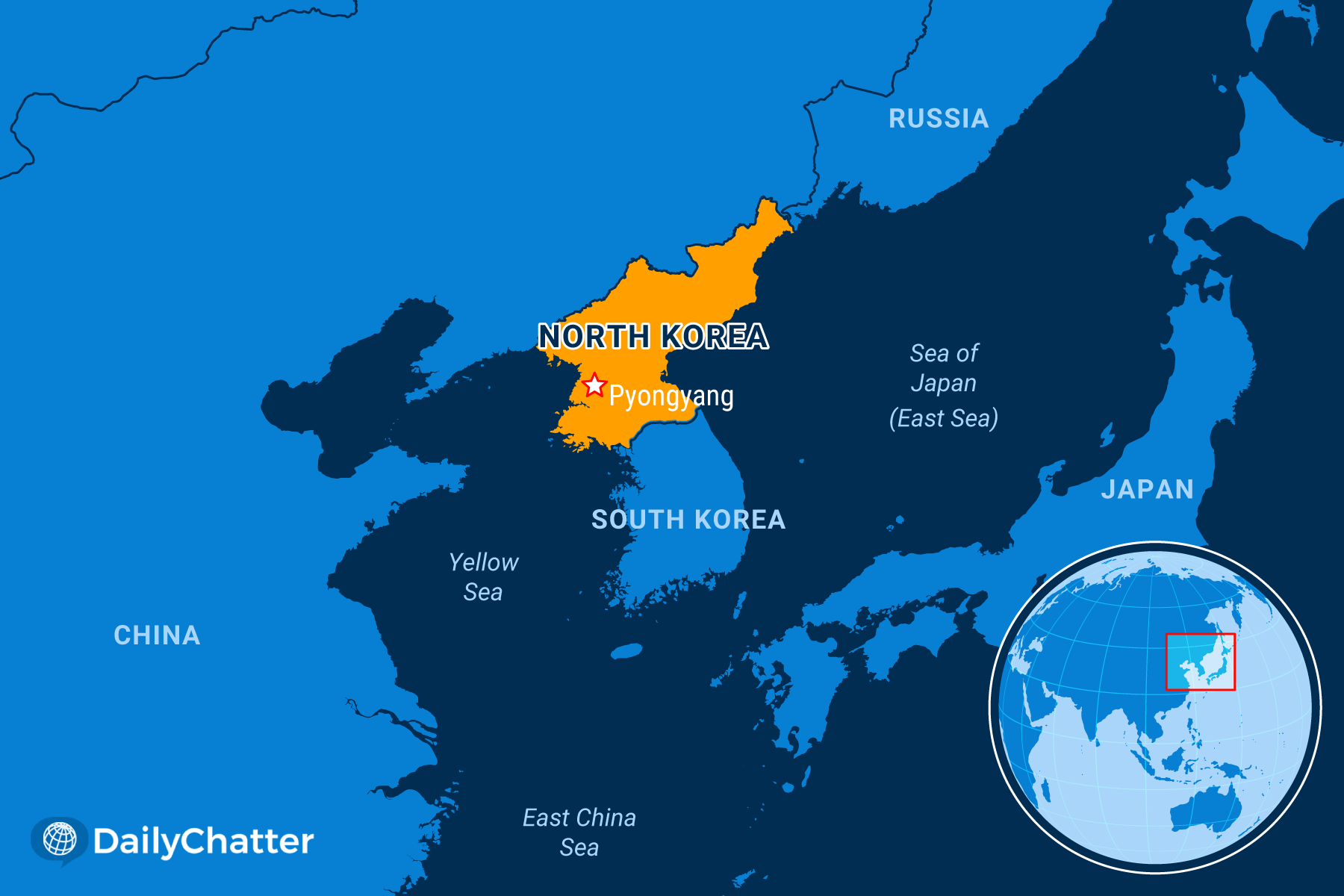NEED TO KNOW
Mission Impossible
NORTH KOREA

North Koreans were barred from laughing, drinking alcohol or enjoying leisure activities from Dec. 17-28. As Radio Free Asia explained, the enforced misery was part of a mourning period for the late Kim Jong Il, the father of the country’s current ruler, Kim Jong Un.
Kim Jong Il, incidentally, presided over the 1994-1998 famine that claimed more than 200,000 lives. North Koreans called the famine the “Arduous March.”
Such measures reflect the bizarre, surreal life inside the so-called Hermit Kingdom. But the winds of change are nonetheless blowing through the East Asian country.
Speaking to the ruling Workers’ Party politburo recently as he enjoyed his 10th year in power in December, Kim said North Korea had to do more to improve its economy, military and agriculture, according to Al Jazeera.
The county regularly experiences food and energy shortages. Severe flooding and other climate change-related natural disasters have buffeted the economy. While Kim claims the coronavirus has not affected the country, he has closed borders and instituted other restrictions to curb outbreaks.
Kim has crushed all opposition to retain his iron grip on power. But these issues now present him with his greatest challenge yet. He has launched some market-oriented reforms to improve his people’s lives. But he also ramped up his production of nuclear weapons, eliciting crushing sanctions that have straight-jacketed the economy. He’s now in the pickle – either back down on his weapons program or face internal collapse.
“The nuclear weapons program, the economy and the stability of the regime are all interconnected,” Park Won Gon, who teaches North Korea studies at Ewha Woman’s University in Seoul in South Korea, told the Associated Press. “If the nuclear issue doesn’t get resolved, the economy doesn’t get better, and that opens the possibility of disquiet and confusion.”
He appears to be moving in two opposite directions at once in search of an answer.
On one hand, North Korea’s state-sanctioned hackers conduct cyber-espionage operations that hack into banks, steal military information, launch ransomware attacks and launder cash. They’ve cleared perhaps $2.3 billion, Bloomberg noted.
On the other, the country is investigating whether it can open commercial investment banks, the Washington Post added. Formerly viewed as “parasitic and predatory” in the communist country, North Korean analysts now view them as potentially crucial to reinvigorating the economy.
Nobody ever said that absurdity and inconsistency couldn’t exist side by side.
To read the full edition and support independent journalism, join our community of informed readers and subscribe today!
